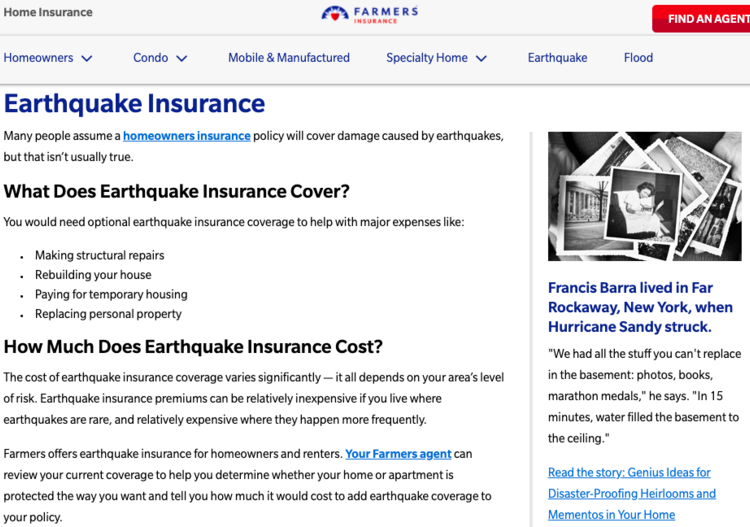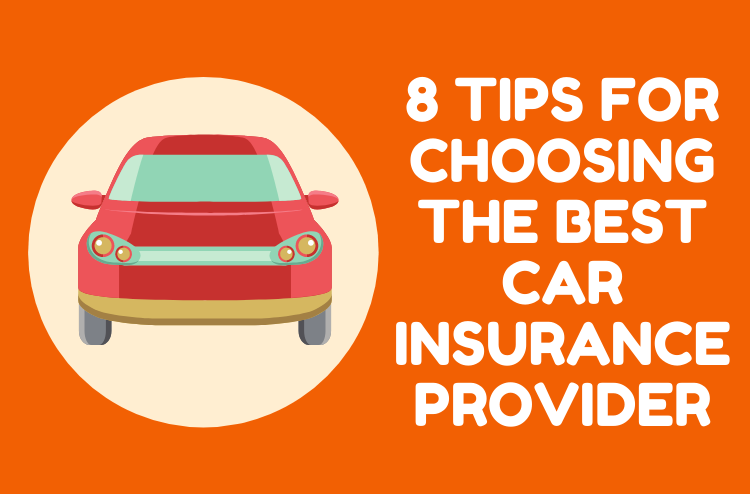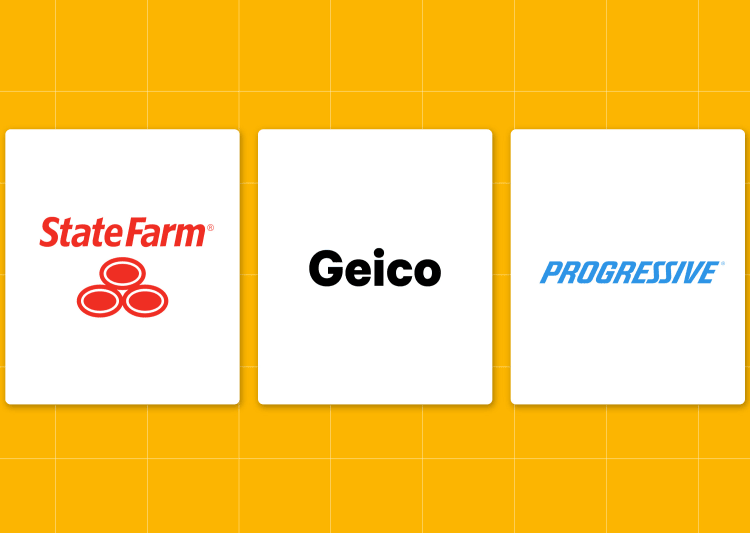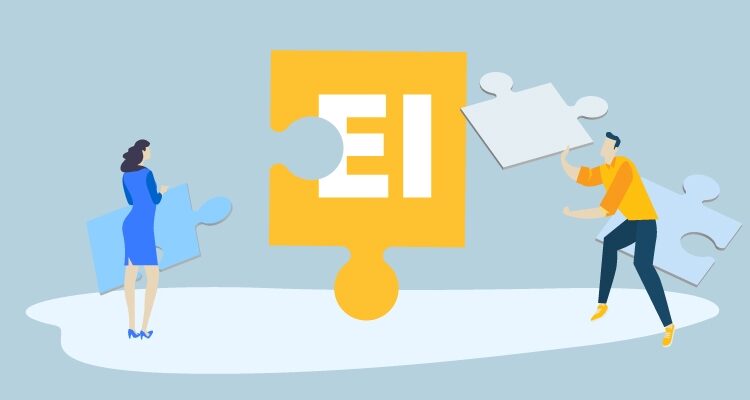Millions struggle with overwhelming debt, juggling multiple payments and high interest rates. Debt consolidation and personal loans are frequently considered solutions, but the optimal choice depends on individual circumstances. This article directly compares both options, offering a clear analysis of debt consolidation vs personal loan to help you make an informed financial decision. Understanding the advantages and disadvantages of each will clarify the best path for your specific situation.
Toc
- 1. Understanding Debt Consolidation Loans
- 2. Understanding Personal Loans
- 3. Related articles 01:
- 4. Debt Consolidation vs. Personal Loan: A Detailed Comparison
- 5. Finding the Best Debt Consolidation Loan
- 6. Disadvantages of Both Loan Types
- 7. Related articles 02:
- 8. Tips for Making the Right Choice
- 9. Conclusion
Understanding Debt Consolidation Loans

A debt consolidation loan is specifically designed to combine multiple debts into a single loan, ideally with a lower interest rate. This financial tool simplifies your monthly obligations, turning various payments into one manageable sum. By securing a new loan to pay off existing debts, you may save money on interest in the long run, particularly if you’re currently dealing with high-interest obligations like credit cards or medical bills.
For example, let’s say you have $10,000 in credit card debt with an average APR of 18%. A debt consolidation loan with a 7% APR could save you hundreds, even thousands of dollars in interest over the life of the loan. The exact savings will depend on the loan term and the specific interest rates involved. However, tools like online loan calculators can help consumers estimate potential savings before applying.
How Debt Consolidation Loans Work
When you take out a debt consolidation loan, the funds are typically used to pay off your outstanding debts. This means you’re not just shifting your debts around; you’re actively reducing the number of creditors you owe. This process can lead to improved budgeting since you only need to track one payment instead of multiple ones. However, it’s important to note that this type of loan is different from debt management programs, which involve negotiating lower payments directly with creditors.
Advantages of Debt Consolidation Loans
- Simplified Payments: Consolidating multiple debts into a single monthly payment reduces confusion and stress. This simplification allows you to focus on managing your finances more effectively. However, some individuals might find that consolidating debt into a single large payment, even at a lower interest rate, can make budgeting more challenging if they don’t carefully plan for the higher monthly payment.
- Potential for Lower Interest Rates: If you qualify, you might secure a lower interest rate than your current debts, which can lead to significant savings over time. This is particularly beneficial if you have high-interest credit card debt.
- Improved Budgeting: Managing one payment instead of several can streamline your financial planning. This means less time spent on organizing payments and more time focusing on saving and investing.
Disadvantages of Debt Consolidation Loans
- Impact on Credit Score: Applying for a new loan usually involves a hard inquiry, which can temporarily lower your credit score. This is a critical factor to consider if you plan to make significant financial decisions shortly after taking out a loan.
- Possibility of Higher Rates: If your credit isn’t strong, you may end up with a higher interest rate than expected. This can diminish the financial benefits of consolidation, making it essential to assess your creditworthiness before applying.
- Fees: Origination fees and other costs can be associated with these loans. If not managed well, longer repayment terms could result in paying more interest overall. Understanding these fees in advance can help you avoid unexpected costs.
Is It Easier to Get a Personal Loan or Debt Consolidation Loan?
When evaluating which option is easier to obtain, both loan types generally have similar approval processes. Lenders will typically assess your credit score, debt-to-income ratio, and income stability. Many borrowers assume that debt consolidation loans are more accessible, but this isn’t always the case. Some lenders may have stricter requirements for debt consolidation loans compared to personal loans, so it’s essential to shop around and compare your options.
Which Banks Offer Debt Consolidation Loans?
Many banks and credit unions offer debt consolidation loans, but not all institutions provide the same rates and terms. Researching various lenders and comparing their offers is crucial to finding the best deal. Look for banks that specialize in personal lending, as they may have more flexible criteria for approval. Institutions like credit unions often provide lower rates and fees, making them an excellent option for those looking to consolidate debt.
However, the rise of fintech lenders in recent years has significantly changed the landscape. These online lenders often offer more streamlined applications and potentially faster approval times, though it is crucial to carefully vet these lenders for legitimacy and transparency. For example, companies such as Upstart and LendingClub use alternative data in their credit assessment models, which can be beneficial to those with limited traditional credit history.
Understanding Personal Loans
A personal loan is a fixed-amount loan that can be used for various purposes, including debt consolidation. These loans typically come with a fixed interest rate and a set repayment term, which can be beneficial for budgeting. While personal loans can be used for consolidating debt, their versatility allows you to apply them to other expenses as well.
Advantages of Personal Loans
- Versatile Use: Personal loans can serve multiple financial needs, not just debt consolidation. This flexibility means you can use the funds for home improvements, medical expenses, or unexpected bills.
- Fixed Monthly Payments: Knowing exactly how much you need to pay each month simplifies financial planning. This predictability can help you manage your budget more effectively.
- Potential for Lower Interest Rates: Depending on your creditworthiness, you might receive a lower rate compared to existing high-interest debts. However, this isn’t guaranteed. If your credit score is poor, you may receive a higher interest rate than with a debt consolidation loan tailored to debt consolidation, negating any potential benefits.
Disadvantages of Personal Loans
- Hard Credit Inquiry: Like debt consolidation loans, applying for a personal loan may result in a hard credit inquiry. This can temporarily impact your credit score, which is an essential factor to consider if you plan on applying for additional credit in the near future.
- Higher Interest Rates with Poor Credit: If your credit score is low, you might face higher rates than anticipated. This situation can make personal loans less appealing for those with less-than-perfect credit histories.
- Fees: Be cautious of origination fees or other charges that could offset savings from a lower interest rate. Understanding the total cost of borrowing is crucial to making an informed decision.
Is It Smart to Get a Personal Loan to Consolidate Debt?
In certain situations, taking out a personal loan for debt consolidation can be a wise financial move. If you can secure a lower interest rate than your current debts and have a solid repayment plan, it may save you money on interest. However, if the new loan comes with high fees or a longer repayment term, you could end up paying more overall. It’s essential to evaluate your financial situation and determine if a personal loan will genuinely reduce your costs.
1. https://baohotbc.com/mmoga-bad-consolidation-credit-debt-loan-your-roadmap-to-financial-recovery/
3. https://baohotbc.com/mmoga-unlock-your-homes-potential-navigating-home-equity-loan-credit-unions/
4. https://baohotbc.com/mmoga-finding-the-best-student-loan-servicer-in-2024-a-comprehensive-guide/
Debt Consolidation vs. Personal Loan: A Detailed Comparison
When assessing debt consolidation vs personal loan, it’s crucial to analyze various factors that can impact your financial health. Having explored the individual characteristics of both loan types, let’s now directly compare them side-by-side.
Interest Rate Comparison
Interest rates can vary significantly between debt consolidation loans and personal loans. Typically, debt consolidation loans may offer lower rates for those with good credit. However, if your credit score is less than stellar, personal loans may sometimes provide better rates. Diligent comparison shopping is crucial to securing the most favorable interest rates for either a debt consolidation or personal loan. Many lenders offer prequalification tools that allow you to see potential rates without affecting your credit score.
Fee Comparison
Both debt consolidation loans and personal loans can come with fees, including origination fees, prepayment penalties, and late payment fees. Understanding these costs is vital for making an informed decision. Compare the common fees associated with each loan type to determine which option may be more economical. Some lenders may offer no-fee options, so it’s worth investigating all available offers.
Repayment Term Comparison
Repayment terms can significantly affect the total interest paid over the life of the loan. Debt consolidation loans often have longer repayment terms, which can lead to lower monthly payments but higher total interest costs. In contrast, personal loans may have shorter terms, which can save you money on interest if you can manage higher monthly payments. It’s crucial to calculate the total cost of each loan option over its lifetime to make the best choice.
Credit Score Impact
Both loan types can temporarily affect your credit score due to hard inquiries. However, responsible repayment can lead to credit improvement over time. It’s essential to weigh the potential impact on your credit score when considering your options. Consistently making on-time payments is vital for rebuilding credit and achieving financial stability.
Debt Consolidation vs Personal Loan Reddit Insights
Insights from platforms like Reddit can provide real-world experiences and opinions regarding debt consolidation loans and personal loans. Many users discuss their concerns about interest rates, fees, and credit score impacts. Common themes include the importance of responsible spending habits after consolidating existing debt, as accumulating new debt can negate the benefits of consolidation. Discussions often highlight the emotional aspects of managing debt and the relief that comes from simplifying payments.
Finding the Best Debt Consolidation Loan
Finding the best debt consolidation loans or personal loans for your specific circumstances involves careful planning and research.
Check Your Credit Score
Understanding your credit score is critical since it significantly impacts loan approval and interest rates. Before applying for either loan type, check your credit score to gauge your potential loan options. Many online services offer free credit scores, allowing you to stay informed about your credit health.
Shop Around for Lenders
Comparing offers from multiple lenders is vital to securing the best rates and terms available. Don’t limit yourself to your bank; explore various banks and credit unions to find the best deal. Additionally, online lenders may offer competitive rates and streamlined application processes.
Read the Fine Print
Always review loan agreements carefully to avoid overlooking any hidden fees or unfavorable terms. Understanding the details of your loan can save you from unexpected costs down the line. Pay close attention to repayment terms, interest rates, and any potential penalties for late payments.
Consider Alternatives
While debt consolidation loans and personal loans can be effective tools, it’s worth considering other debt relief options, such as debt management plans. These alternatives may provide different benefits depending on your financial situation. Credit counseling services can also offer guidance on managing debt and improving your financial literacy.
Disadvantages of Both Loan Types
While both debt consolidation loans and personal loans offer solutions for managing debt, they come with potential downsides that borrowers should be aware of.
1. https://baohotbc.com/mmoga-finding-the-best-student-loan-servicer-in-2024-a-comprehensive-guide/
3. https://baohotbc.com/mmoga-unlock-your-homes-potential-navigating-home-equity-loan-credit-unions/
5. https://baohotbc.com/mmoga-bad-consolidation-credit-debt-loan-your-roadmap-to-financial-recovery/
High Interest Rates
A significant drawback of both loan types is the potential for high interest rates, especially for borrowers with poor credit. This situation can negate the benefits of consolidating debt. Always negotiate for the lowest interest rate possible to maximize your savings. If you have a strong credit history, leverage that during negotiations to secure better terms.
Fees and Charges
Both debt consolidation and personal loans can incur various fees, including origination fees, prepayment penalties, and late payment fees. It’s crucial to read the fine print and understand all associated costs before signing any agreement. Being aware of these fees can help you avoid unexpected financial burdens.
Impact on Credit Score
Taking out a new loan will likely affect your credit score temporarily. However, responsible repayment can lead to credit improvement over time. Consistently making on-time payments is vital for rebuilding credit and achieving financial stability. Monitor your credit score regularly to track your progress and adjust your financial strategies as needed.
Risk of Overspending
After consolidating debt, there’s a significant risk of accruing new debts. Developing responsible spending habits is essential to avoid falling back into debt. Creating a budget and adhering to it can help maintain financial discipline. Consider implementing strategies such as the envelope system or tracking expenses through budgeting apps to keep your spending in check.
Tips for Making the Right Choice
Assess Your Financial Situation
Before making a decision, take a comprehensive look at your financial situation. Consider your income, expenses, existing debts, and credit score. Understanding your financial landscape will help you choose the loan option that best aligns with your needs.
Set Clear Goals
Determine what you hope to achieve by consolidating debt or taking out a personal loan. Whether it’s lowering monthly payments, reducing interest rates, or simplifying your finances, having clear goals can guide your decision-making process.
Create a Budget
Establishing a budget will help you stick to your financial goals and prevent accumulating more debt. Include all monthly expenses, debt payments, and savings goals in your budget. Regularly review and adjust your budget as necessary to stay on track.
Seek Professional Advice
If you’re unsure about your options, consider seeking advice from a financial advisor or credit counselor. These professionals can provide personalized guidance and help you navigate the complexities of debt consolidation and personal loans.
Conclusion
In the debate of debt consolidation vs personal loan, the best choice ultimately depends on individual circumstances, credit score, and financial goals. Both options can provide a pathway to managing debt effectively, even for those with less-than-perfect credit. By evaluating the pros and cons of each, understanding the costs involved, and taking the time to shop for the best offers, you can make an informed decision that will help you regain control over your financial future. Don’t hesitate to explore your options and take charge of your financial well-being today. Remember, responsible borrowing and proactive financial management can lead to a brighter financial future.










